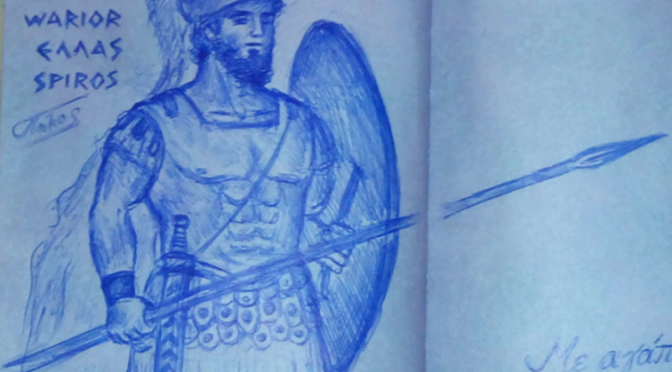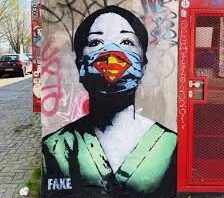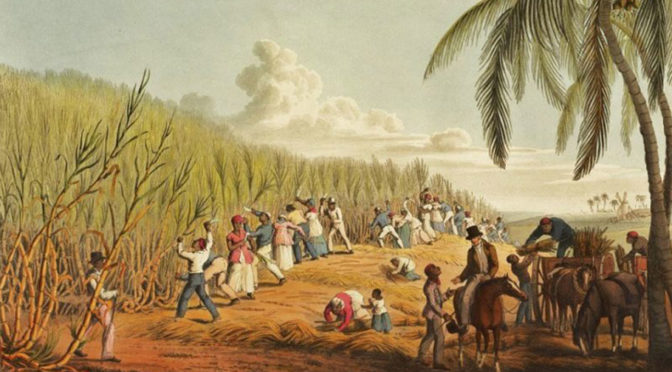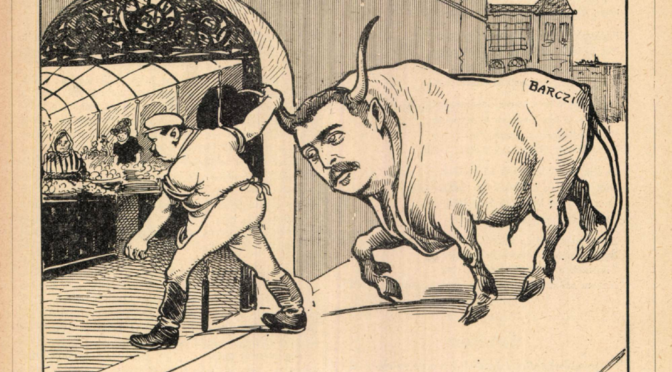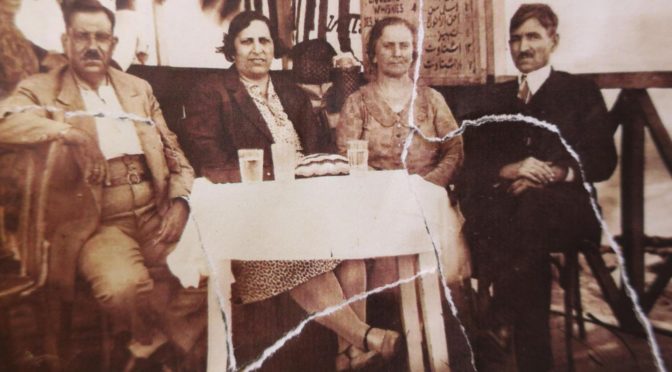Lancement du projet TANDEM, dirigé par Michèle Baussant (CNRS, CEFRES), Johana Wyss (CAS) et Maria Kokkinou (CEFRES) avec le CEFRES et l’Université Charles de Prague.
Sujet : Mémoire des vaincus. L’Europe « désimpériale » : une confédération de vaincus ?
Date : vendredi 20 novembre, de 9h à 11h
Lieu : la séance se déroulera en ligne.
Veuillez accéder à la conférence zoom via le lien suivant : https://us02web.zoom.us/j/81054592971?pwd=UkJjZW90T0lDK0MwNm5PZit2S2U3QT09
Langue : anglais
Participants :
Sylvie Démurger, directrice scientifique adjointe, Europe et Affaires Internationales (CNRS)
Jérôme Heurtaux, directeur du CEFRES
Taťána Petrasová, membre du Conseil académique et coordinatrice du programmeTANDEM à l’Académie tchèque des sciences
Discutants :
Catherine Perron, CERI, Sciences Po (Paris)
Valérie Rosoux, directrice de recherche et enseignante à l’Université Catholique de Louvain
Thomas Van de Putte, post-doctorant, Département de sociologie, Université de Trente
Extrait du projet :
Le lancement en ligne du nouveau projet Tandem est consacré aux paysages mémoriels fantomatiques, matériels et symboliques des minorités vaincues qui ont été déplacées et dispersées après l’effondrement successif des entités impériales et multinationales au cours du XXe siècle,.
L’objectif du projet est d’offrir une nouvelle perspective critique sur les formes multiples, persistantes et parfois connectées, des passés (post)impériaux européens le long des anciennes frontières extra- et intra-européennes et sur leurs utilisations diverses et enchevêtrées.
Ce projet s’appuie sur un choix de cas différents (Allemands expulsés de Prusse orientale et de Silésie, Européens d’Algérie, minorités « étrangères » ou « locales » d’Égypte, Portugais d’Angola et du Mozambique) et sur un ancrage profond dans le travail ethnographique de terrain.
Il traversera la mémoire des populations déplacées, et de celles qui ont repeuplé ou ont continué à vivre dans les espaces physiques qu’ils ont quittés, de manière inédite, en offrant des images miroir, des images décalées, déformées ou aveugles.
Initié par Michèle Baussant, anthropologue et directrice de recherche au CNRS, ce projet Tandem est également mené, côté tchèque, par Johana Wyss, anthropologue et chercheuse à l’Académie des sciences de République tchèque. Maria Kokkinou, anthropologue et post-doctorante au CEFRES et à l’Université Charles, fait également partie de l’équipe Tandem.

